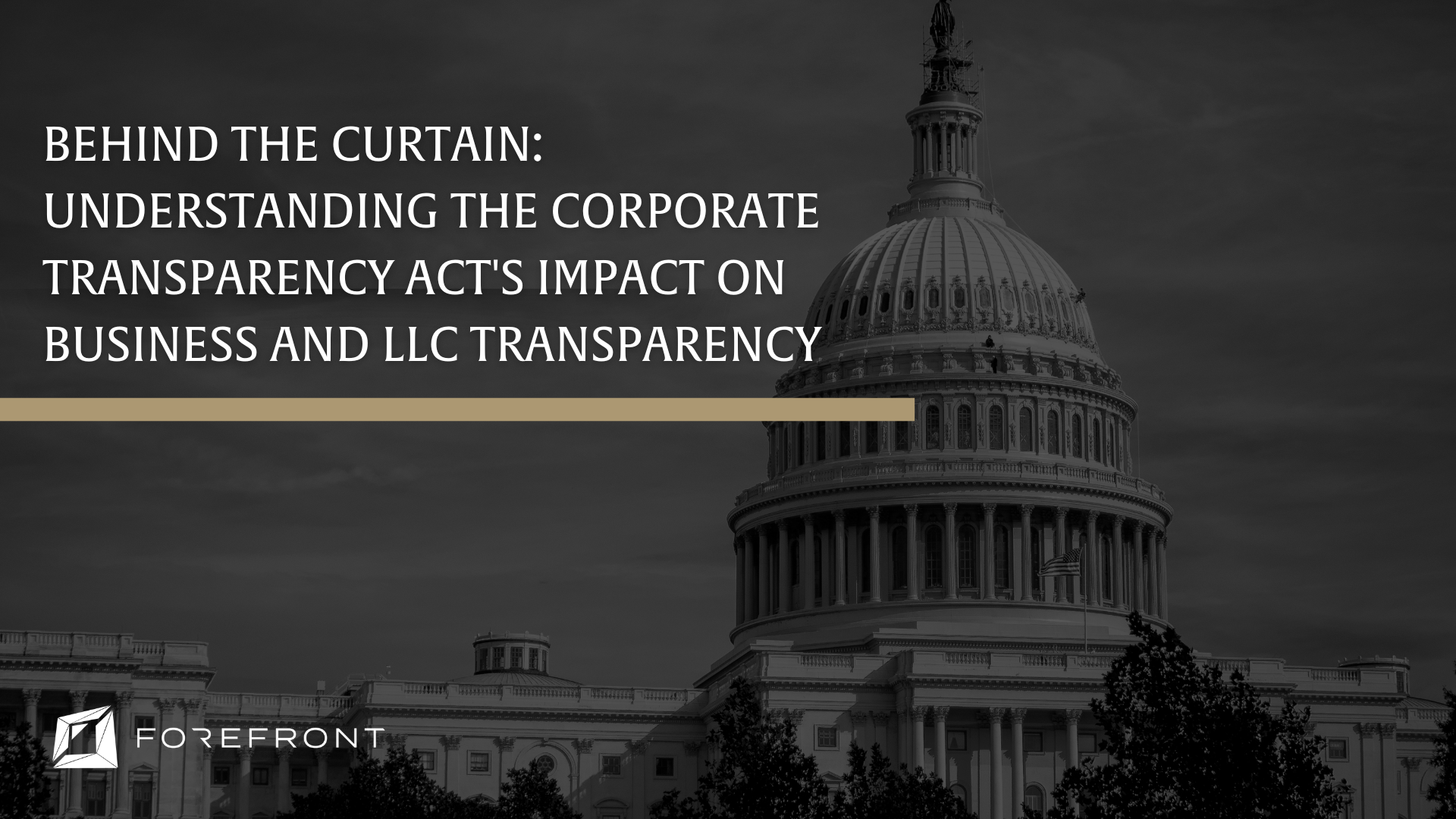What Every Business and LLC Owner Needs to Know About The Corporate Transparency Act

What Every Business and LLC Owner Needs To know About The Corporate Transparency Act
The fight against financial crime just got a powerful new weapon: the Corporate Transparency Act (CTA). Enacted in 2021 and taking effect this year, the CTA aims to shine a spotlight on the often murky world of anonymous companies, making it harder for bad actors to launder illicit funds and hide their tracks. As Secretary of the Treasury Janet Yellen aptly stated, “Unmasking shell corporations is the single most significant thing we can do to make our financial system inhospitable to corrupt actors.”
Prior to the CTA, criminals could easily hide behind anonymous companies, often referred to as “shell corporations,” to disguise their ownership and funnel dirty money through the financial system. This not only facilitated illegal activities like drug trafficking and terrorism but also undermined fair competition and eroded trust in the financial system.
The CTA changes the game by requiring many companies operating in the U.S. to report information about their true owners, known as “beneficial owners,” to the Treasury Department’s Financial Crimes Enforcement Network (FinCEN). This information includes the owner’s name, address, and date of birth, which finally lifts the veil of anonymity and empowers law enforcement and other partners to disrupt financial crimes.
This increased transparency isn’t just about catching bad guys; it benefits everyone. Consumers and investors can make informed decisions knowing who they’re dealing with, and a level playing field is created for businesses that operate transparently.
Ultimately, the CTA is a crucial step towards a more secure and just financial system, one where criminals can’t hide in the shadows and legitimate businesses can thrive with confidence.
The Corporate Transparency Act (CTA) was enacted in 2021 and took effect this year on January 1st of 2024. CTA is a game-changer for business transparency in the U.S, but with its intricacies, it can leave many business owners, especially those of small LLCs, wondering: Do I need to report under the CTA?
Who Must Report
The short answer is that if you run a business entity created or registered in the U.S., you likely need to report. This broadly applies to:
• Corporations: C-Corps, S-Corps, B-Corps, etc.
• Limited Liability Companies (LLCs): Member-managed, manager-managed, single-member.
• Limited Partnerships (LPs): General and limited partners.
• Limited Liability Limited Partnerships (LLPs): Members and partners.
• Any other business entity formed by filing with a Secretary of State.
LLC Exemptions from Reporting
Some entities are exempt, including:
• Publicly-traded companies
• Certain financial institutions (banks, credit unions, and investment companies)
• Government entities
• Tax-exempt organizations (501(c)3s)
You can find a full list of exempt companies here.
What to Report
If you fall under the reporting requirements, you must disclose beneficial ownership information to FinCEN, the Treasury Department’s financial crimes watchdog. This includes:
• Company details: Name, address, tax ID.
• For each beneficial owner:
• Name, date of birth, address.
• Identifying number from ID document (driver’s license, passport, etc.).
• Image of the ID document.
When to Report
• Existing companies: File by January 1, 2025.
• New companies: File within 30 days of formation/registration.
• Updates: Within 30 days of changes.
• Corrections: Within 30 days of discovery.
Why It Matters
The CTA aims to combat financial crimes like money laundering and tax evasion by making it harder for criminals to hide behind anonymous companies. This increased transparency benefits everyone:
• Businesses: It creates a level playing field by deterring unfair competition through hidden ownership.
• Investors: It enables informed investment decisions based on clear ownership structures.
• Law enforcement: It empowers them to track illicit activities and protect national security.
• Failing to report complete or updated beneficial ownership information: $500 daily fine until rectified.
• Willfully providing false or fraudulent information: Punishment of up to 2 years imprisonment and/or a $10,000 fine.
• Senior officers are held accountable if their entity fails to file a required report.
Potential Drawbacks
While the CTA’s goals are positive, some potential downsides exist:
• Increased burden and costs: Gathering and reporting information can be time-consuming and require resources, especially for smaller businesses.
• Privacy concerns: Businesses with complex ownership structures might worry about disclosing sensitive personal information.
• Potential for misuse: Competitors or even criminals could misuse the information.
Understanding the CTA’s requirements is crucial for business owners and LLC owners. We recommend you utilize the available resources listed below if you want more information. Click the titles below and it will launch you directly to the additional resources:
• FinCEN’s Beneficial Ownership Information Reporting Website →
• CTA Frequently Asked Questions →
• CTA Compliance Guide for Small Entities →
• One Page Visual of CTA →
• Treasury Secretary Janet Yellen on Corporate Transparency →
• Overview of Beneficial Ownership Information Reporting with Under Secretary Brian Nelson →
• How to File a BOI →
• Resource to Help You File →
REMEMBER—The CTA is new, and there might be initial uncertainties. If you have questions, please connect with one of our team members, and we would be happy to connect you with resources and professionals to help you comply.




